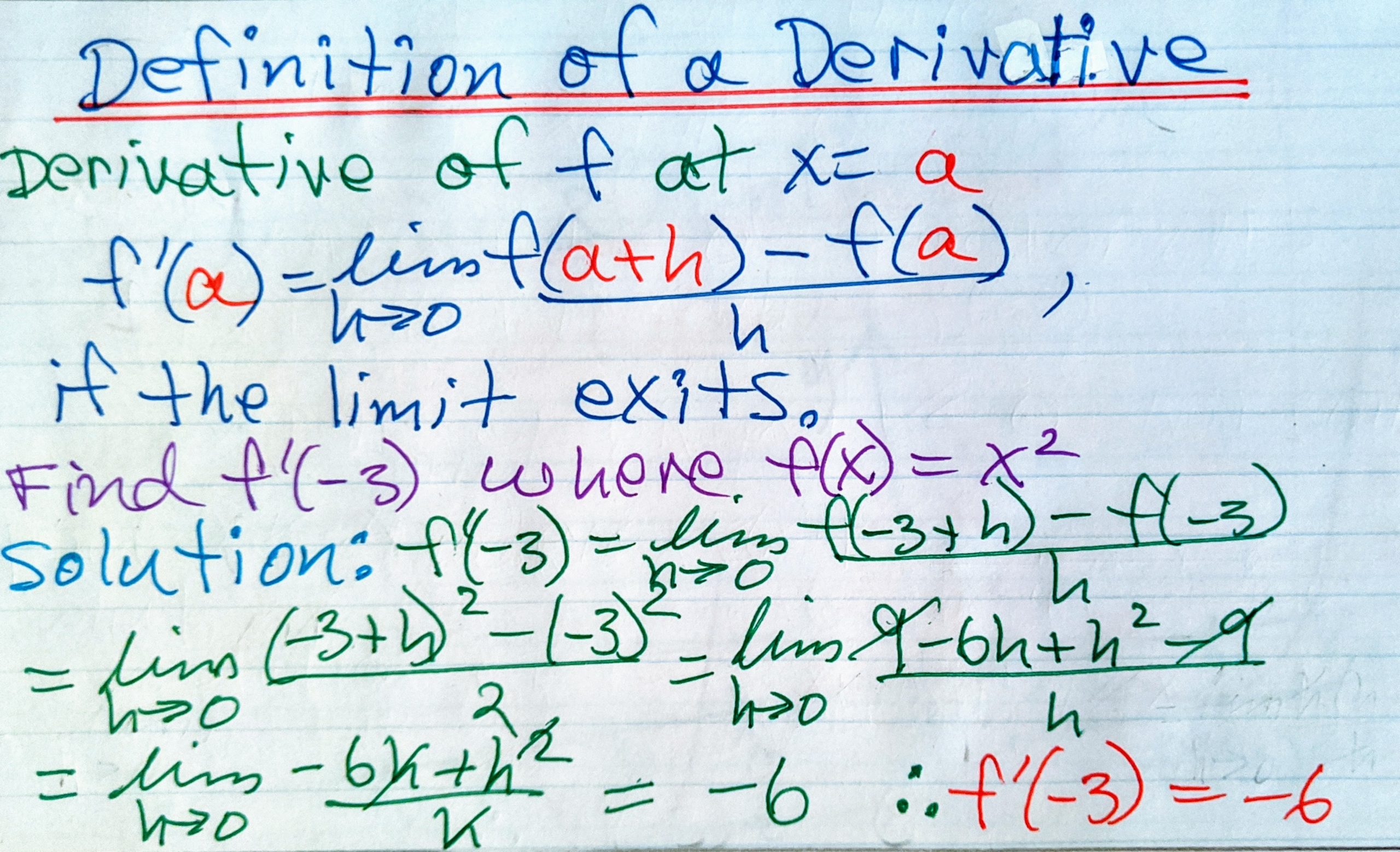

I.the franchisor grants the franchisee the right to sell, offer for sale or distribute goods or services that are substantially associated with a trade-mark, trade name, logo or advertising or other commercial symbol that is owned by or licensed to the franchisor or the franchisor's associate and “ 'franchise' means a right to engage in a business where the franchisee is required by contract or otherwise to make a payment or continuing payments, whether direct or indirect, or a commitment to make such payment or payments, to the franchisor, or the franchisor's associate, in the course of operating the business or as a condition of acquiring the franchise or commencing operations and,

3) defines what constitutes a franchise in Ontario as follows:

Section 1 of the Ontario law ( Arthur Wishart (Franchise Disclosure) Act, 2000, S.O. The act of properly determining, at the time of being drafted, whether an agreement is truly a franchise agreement is even more crucial given that such laws and regulations provide a very broad definition of what constitutes a "franchise" and, as such, many agreements that we would not normally consider a franchise agreement, may very well be one under these laws. If so, it is imperative to comply with the laws and regulations governing franchising. Given these rules and the serious consequences of failing to comply with them, it is very important for any person or entity that, in or for any of these provinces, enters into any agreement in form of a distribution, concession, affiliation, licensing or buying group agreement, to closely examine whether or not the proposed agreement constitutes a "franchise" agreement under these laws. compensate the franchisee for any losses the franchisee incurred in acquiring, setting up and operating the franchise, less the amounts set out in subparagraphs (a) to (c) above.

purchase from the franchisee any supplies and equipment that the franchisee purchased under the franchise agreement, at a price equal to the purchase price paid by the franchisee and.purchase from the franchisee any inventory that the franchisee purchased under the franchise agreement and remaining at the effective date of rescission, at a price equal to the purchase price paid by the franchisee.refund the franchisee for any money received from or on behalf of the franchisee, other than money paid for inventory, supplies or equipment.Within sixty days of receiving a notice of rescission, the franchisor must: Should the franchisor fail to provide this disclosure document, these laws and regulations entitle the franchisee to rescind the franchise agreement within two years of signing it, upon simple written notice delivered to the franchisor and without having to provide any reason for doing so. Six Canadian provinces, namely, Prince Edward Island, New Brunswick, Ontario, Manitoba, Alberta and British Columbia, have passed legislation regulating franchising activities.Ī key component of such laws is the requirement for all franchisors to provide each prospective franchisee, at least fourteen days prior to entering into any agreement relating to a franchise, a disclosure document (called a "Franchise Disclosure Document") containing a wide range of mandatory information required under the franchise regulation in each of those provinces.


 0 kommentar(er)
0 kommentar(er)
